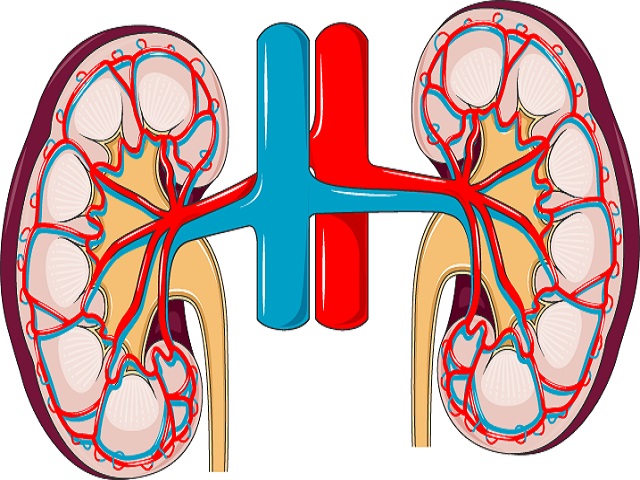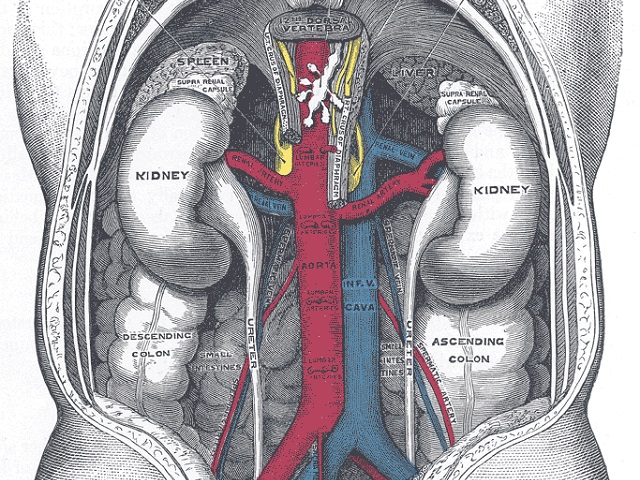8 Signs You May Have Chronic Fatigue Syndrome -- Symptoms, Causes, Effects, Treatment and Prevention
Chronic fatigue syndrome (CFS), also known as myalgic encephalomyelitis (ME), is a complex and debilitating disorder characterized by profound fatigue that is not relieved by rest and is accompanied by a range of other symptoms. The exact cause of CFS remains unknown, and it can significantly impact a person's daily functioning and quality of life.
Symptoms of Chronic Fatigue Syndrome
The primary symptom of CFS is persistent fatigue that lasts for at least six months and is not improved by rest. Other common symptoms may include:
- Post-exertional malaise: Excessive fatigue and worsening of symptoms after physical or mental exertion.
- Cognitive difficulties: Problems with concentration, memory, and processing information, often referred to as "brain fog."
- Unrefreshing sleep: Despite sleeping for adequate hours, individuals with CFS often wake up feeling tired and unrefreshed.
- Muscle and joint pain: Widespread pain in the muscles and joints, similar to fibromyalgia.
- Headaches: Recurrent headaches, including migraines.
- Sore throat and tender lymph nodes: Persistent sore throat and enlarged or tender lymph nodes in the neck or armpits.
- Digestive issues: Irritable bowel syndrome (IBS)-like symptoms such as abdominal pain, bloating, and changes in bowel habits.
- Sensitivities: Increased sensitivity to light, noise, odors, and certain foods.
Diagnosis of Chronic Fatigue Syndrome
There is no specific test to diagnose CFS. Diagnosis is based on a thorough evaluation of symptoms and medical history, ruling out other possible causes of fatigue, and meeting specific diagnostic criteria, such as the Fukuda criteria or the more recent International Consensus Criteria (ICC) or Systemic Exertion Intolerance Disease (SEID) criteria.
Causes of Chronic Fatigue Syndrome
The exact cause of CFS is not known, and it is likely to involve a combination of factors, including:
- Viral infections: Some cases of CFS appear to be triggered by viral infections, such as Epstein-Barr virus (EBV), human herpesvirus 6 (HHV-6), or enteroviruses.
- Immune system dysfunction: Dysregulation of the immune system and chronic inflammation may contribute to the development of CFS.
- Hormonal imbalances: Abnormalities in the hypothalamic-pituitary-adrenal (HPA) axis and other hormonal systems have been observed in individuals with CFS.
- Genetic predisposition: Certain genetic factors may increase the susceptibility to CFS.
- Environmental factors: Exposure to toxins, stressors, or certain environmental factors may play a role in the development of CFS.
Effects of Chronic Fatigue Syndrome
CFS can have a profound impact on various aspects of a person's life, including:
- Fatigue-related limitations: Persistent fatigue can significantly impair physical, cognitive, and social functioning.
- Reduced quality of life: CFS can lead to decreased overall quality of life and increased psychological distress, including anxiety and depression.
- Impaired work and educational performance: The symptoms of CFS can interfere with work or school responsibilities and productivity.
- Social and interpersonal challenges: The limitations imposed by CFS may result in social isolation, strained relationships, and difficulty participating in social activities.
Treatment and Prevention of Chronic Fatigue Syndrome
Currently, there is no cure for CFS, and treatment focuses on managing symptoms and improving overall well-being. Treatment approaches may include:
- Symptom management: Addressing individual symptoms such as pain, sleep disturbances, and cognitive difficulties through medication or lifestyle modifications.
- Graded exercise therapy (GET): A structured exercise program that gradually increases physical activity levels, tailored to an individual's capabilities.
- Cognitive behavioral therapy (CBT): A form of therapy that helps individuals develop coping strategies, manage stress, and address the psychological impact of CFS.
- Supportive care: Encouraging self-care practices, optimizing sleep hygiene, and maintaining a balanced lifestyle to support overall well-being.
- Medications: Certain medications may be prescribed to manage specific symptoms or comorbid conditions associated with CFS, such as pain, sleep disturbances, or depression.
Prevention of CFS is challenging due to its unclear etiology. However, some measures that may help reduce the risk of developing CFS include maintaining a healthy lifestyle, managing stress, avoiding excessive physical or mental exertion, and seeking prompt medical attention for viral infections.
References:
Centers for Disease Control and Prevention. (2020). Myalgic Encephalomyelitis/Chronic Fatigue Syndrome (ME/CFS). Retrieved from https://www.cdc.gov/me-cfs/index.html

















